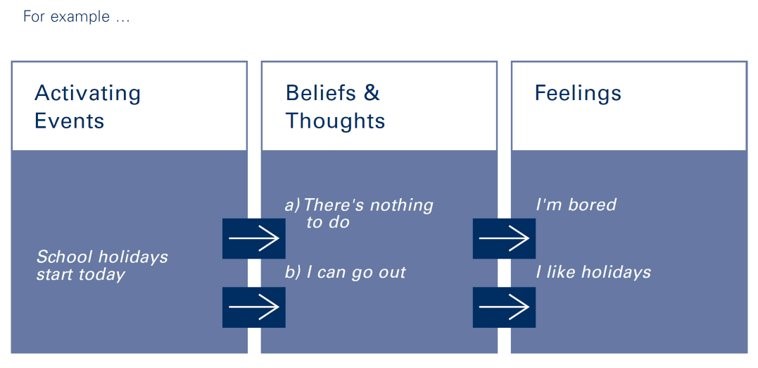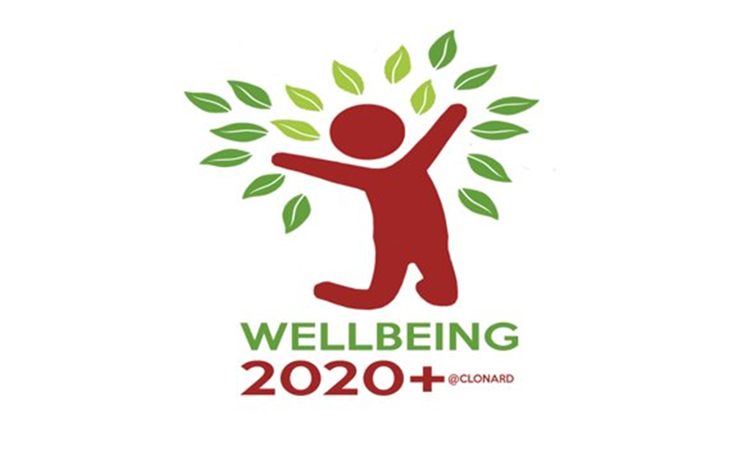- Posted on
- Wellbeing
Wellbeing Report – Sharks Vs Dolphins
We now know that emotional intelligence (EQ) is just as important as the type of intelligence we traditionally value – that which is measured in academic grades and ATARs. For this reason, our Year 7s are currently in the midst of an Emotional Literacy unit that aims to help them develop some skills and strategies for building on their emotional intelligence.
Emotional Intelligence is the ability to perceive emotions, facilitate thought using emotion, understand emotions and manage emotions (Mayer, Caruso, Salovey, 2016). As most of the readers of this article will know, teenage girls can be quite adept at showing a lot of emotion. Their success in life however will be significantly impacted by their ability to manage and regulate their own emotions, understand themselves and others as well as manage their thoughts in challenging situations. To do this first and foremost it helps to be emotionally literate. It’s difficult to understand and manage emotions in both ourselves and others if we can’t name them and believe it or not, it is difficult for most people to name more than 20 emotions in under a minute. Give it a try!
Just being able to name emotions will help us regulate our own behaviours and understand and have empathy for others. Knowing and being able to name that you feel frustrated, exhausted or anxious for example might better help you explain to someone else how you feel, giving them a better understanding of what you are going through. Conversely being able to explain to someone that you feel appreciated, understood or accepted would go some way to strengthening a relationship and engendering positive feelings from the meaningful gratitude that has been shown. And if you can recognize these emotions and feelings in yourself, you will be more likely to be able to recognize them in another person, and therefore be able to better understand that person. For these reasons one of the first things our Year 7s learn and practice in this unit is their emotional vocabulary so if you’re feeling ‘motivated’ one dinner time and you have a Year 7 or Year 8 student enrolled at Clonard why not test them on their emotional language bank. Hopefully, they have a good bank of words for describing how they are feeling.

How we feel is not completely out of our control, and so we also teach our Year 7s how to be better at not just recognizing how they feel, but regulating how they feel. This is where the Sharks and the Dolphins come in. Shark thoughts are negative thoughts and Dolphin thoughts are positive thoughts. Believe it or not, we can choose which type of thought we are going to entertain when something happens, this then impacts on how we feel, which will then impact on how we act. For example, when something happens to us, such as school holidays commencing, we will have a belief or thought that will dominate our mindset around this event.
This could either be a shark thought, such as ‘there’s nothing to do’, or a dolphin thought, ‘great I can spend time with my family’. The thought we choose to entertain and that becomes our narrative around that event impacts our emotions and feelings. Eg. The shark thought will result in us feeling bored while the dolphin thought might result in us feeling excited. These feelings in turn will impact our actions. If we allow the shark to dominate our thinking the way we communicate might be sullen and terse and we might find ourselves wasting a lot of time. If we entertain the dolphin thoughts then we are more likely to get out of bed in the morning, interact positively and do something productive or fun. So next time you hear your daughter express a shark thought, maybe ask them to rephrase it as a dolphin thought because who wins out of the shark and the dolphin is really up to us.
Andrew Damon & Tania Anticev
School Improvement Leaders – Wellbeing



